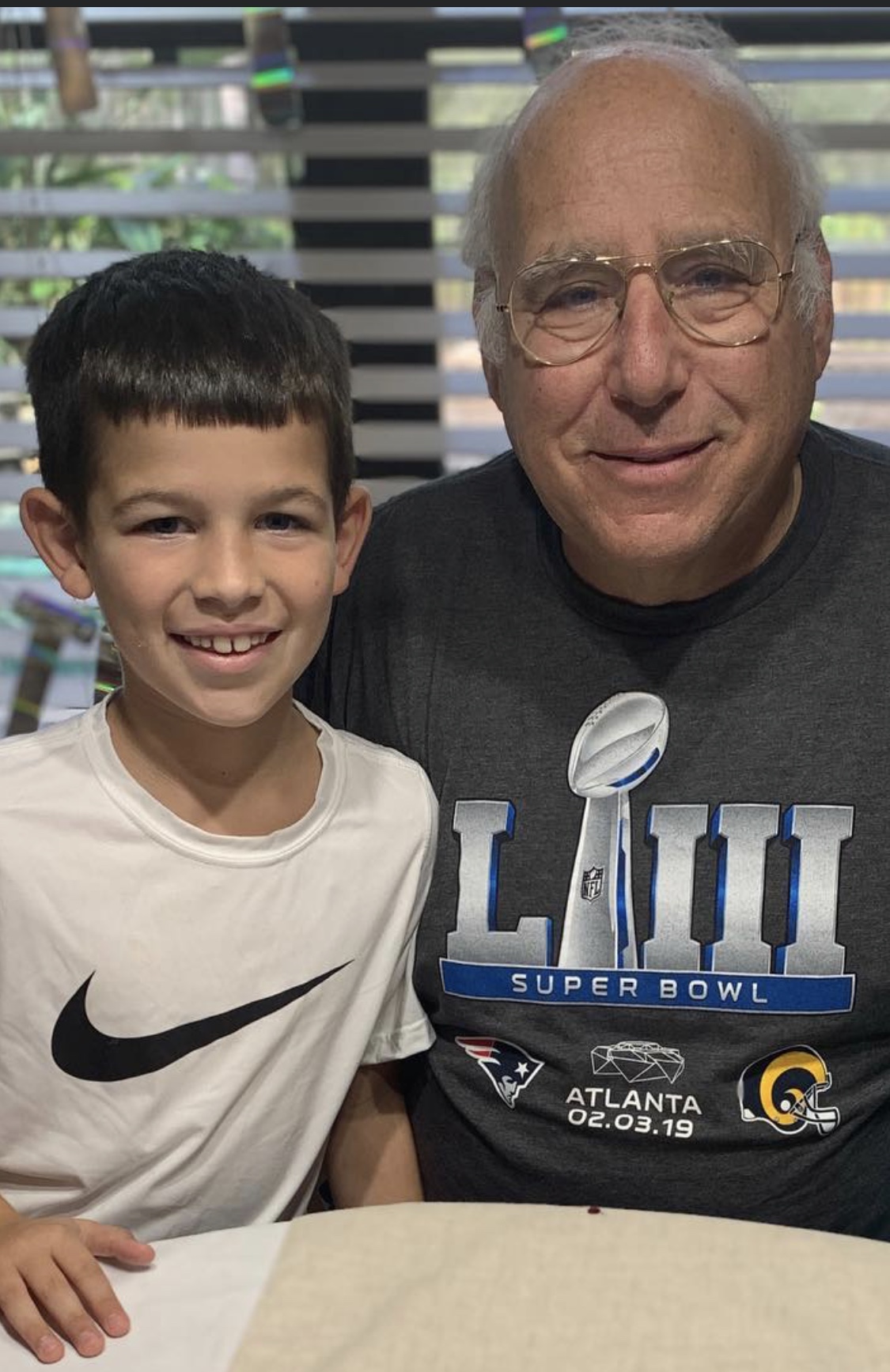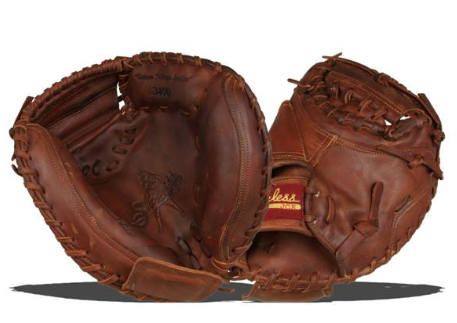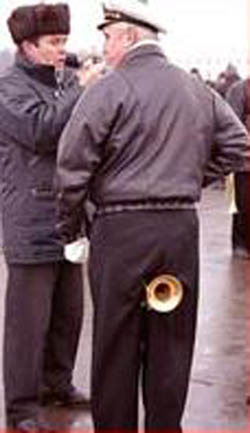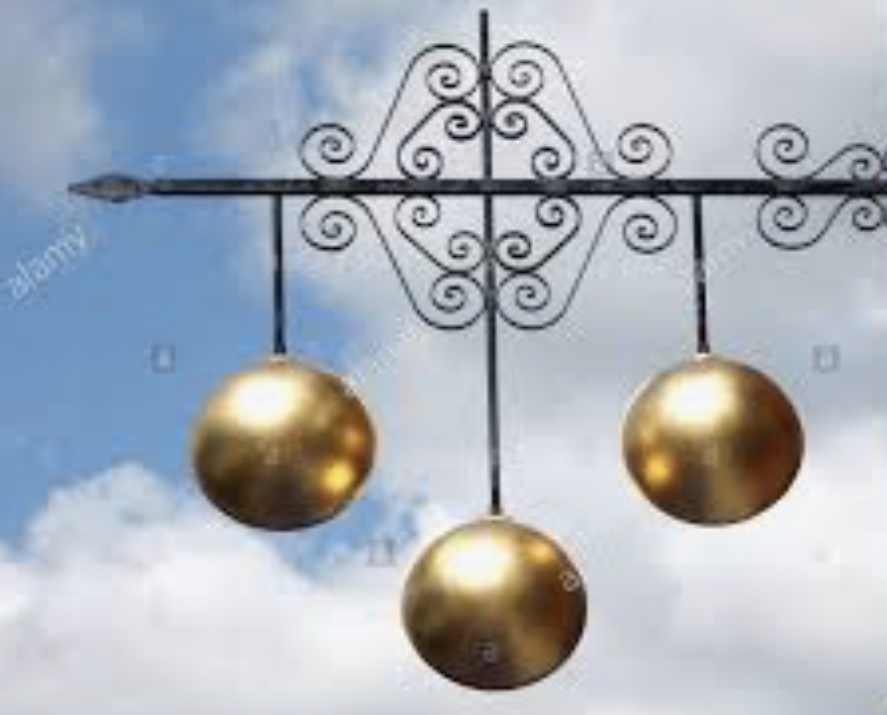@rapier232 said in To Reduce Covid-19 Risks in Orchestras, Move Wind Instruments to the Sidelines:
Which goes against what the research in the UK shows. Brass and woodwind emit fewer than speaking does.
Unfortunately, when it comes to COVID-19, there is a lot of contradictory information and conclusions that change day to day. For example, we see this in medical studies, as well as advice given by our medical experts and advisors. Day to day we see contradictions, premature release, or “spinning” by the press, authors or spokes persons for their own self interest reasons.
As an example relevant to this discussion, a University of Minnesota research team, working with the Minnesota Orchestra concluded, “ Led by Department of Mechanical Engineering Associate Professor Jiarong Hong, the research team also studied the number of aerosols emitted by different instruments, as well as how aerosol concentration varies depending on articulation and slurring patterns, intensity of play, and use of special techniques. For example, trumpet was the highest risk instrument, producing significantly more aerosols than a person would by breathing or speaking.” They went on to say that these aerosols do not travel very far.
The study from Bristol University (UK), using Alison Balsom as one of their test subjects showed, “ A new COVID-19 study from the University of Bristol has found aerosols generated by playing woodwind and brass instruments are less than those produced when speaking and singing.”
Will the study I posted starting this thread be accepted 10 ( or for that matter 500) years from now and be proven as correct? I do not know. Is it a harmful concept to be applied in their studied Utah concert hall? Very unlikely. I posted this as an interesting concept in an orchestra (vs concert wind band) that might be interesting to some readers.
I agree that there is much contradictory information “out there” and there are no definitive answers. All we can do is put on our “plague masks” and do the best we can do with the information available to us today.
https://twin-cities.umn.edu/news-events/musical-instruments-dont-spread-aerosols-far-you-might-think
https://www.classicfm.com/artists/alison-balsom/covid-19-study-brass-woodwind-droplets/

 image url)
image url)




 image url)
image url) (just kidding, sort of)
(just kidding, sort of)
